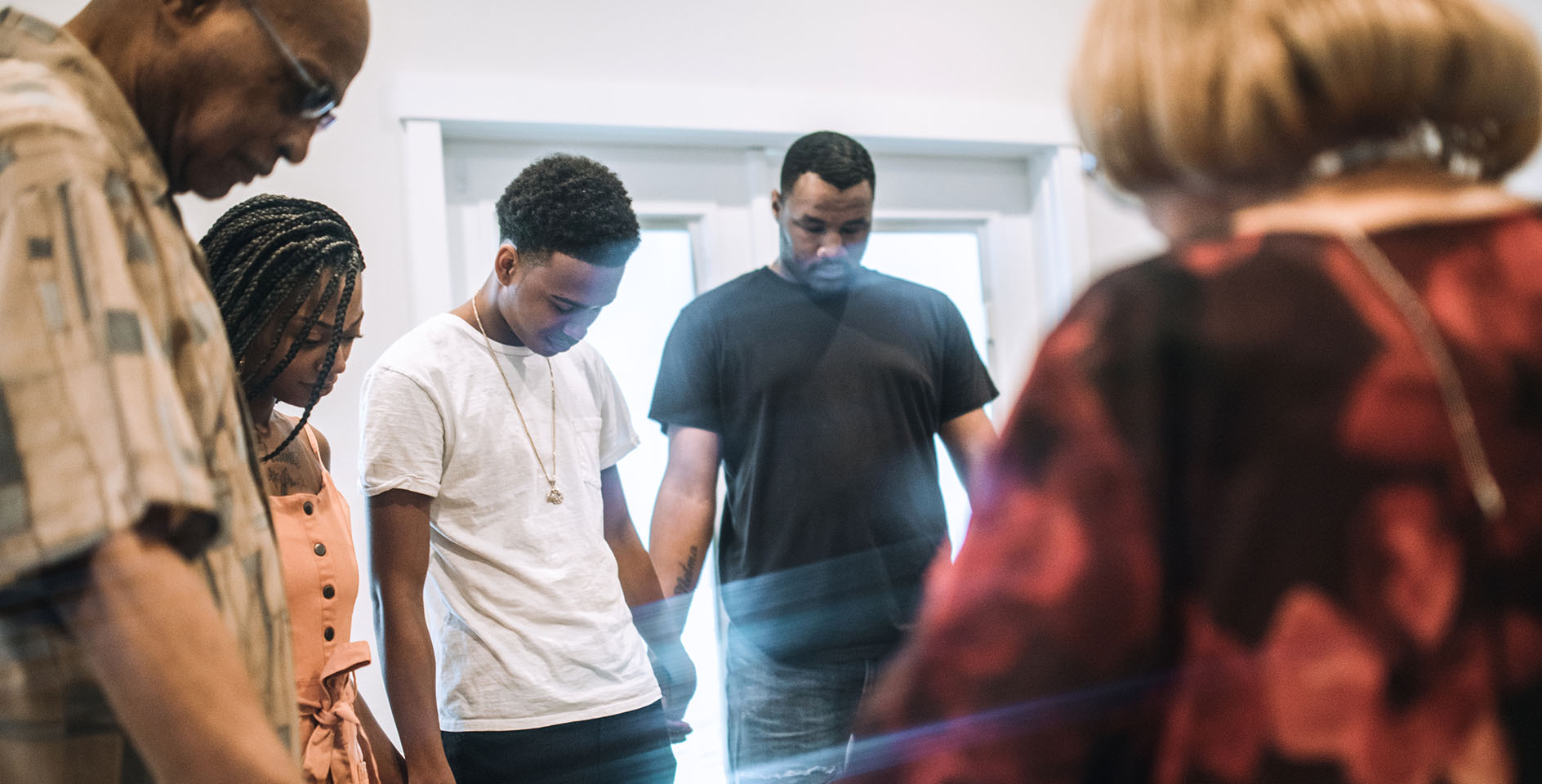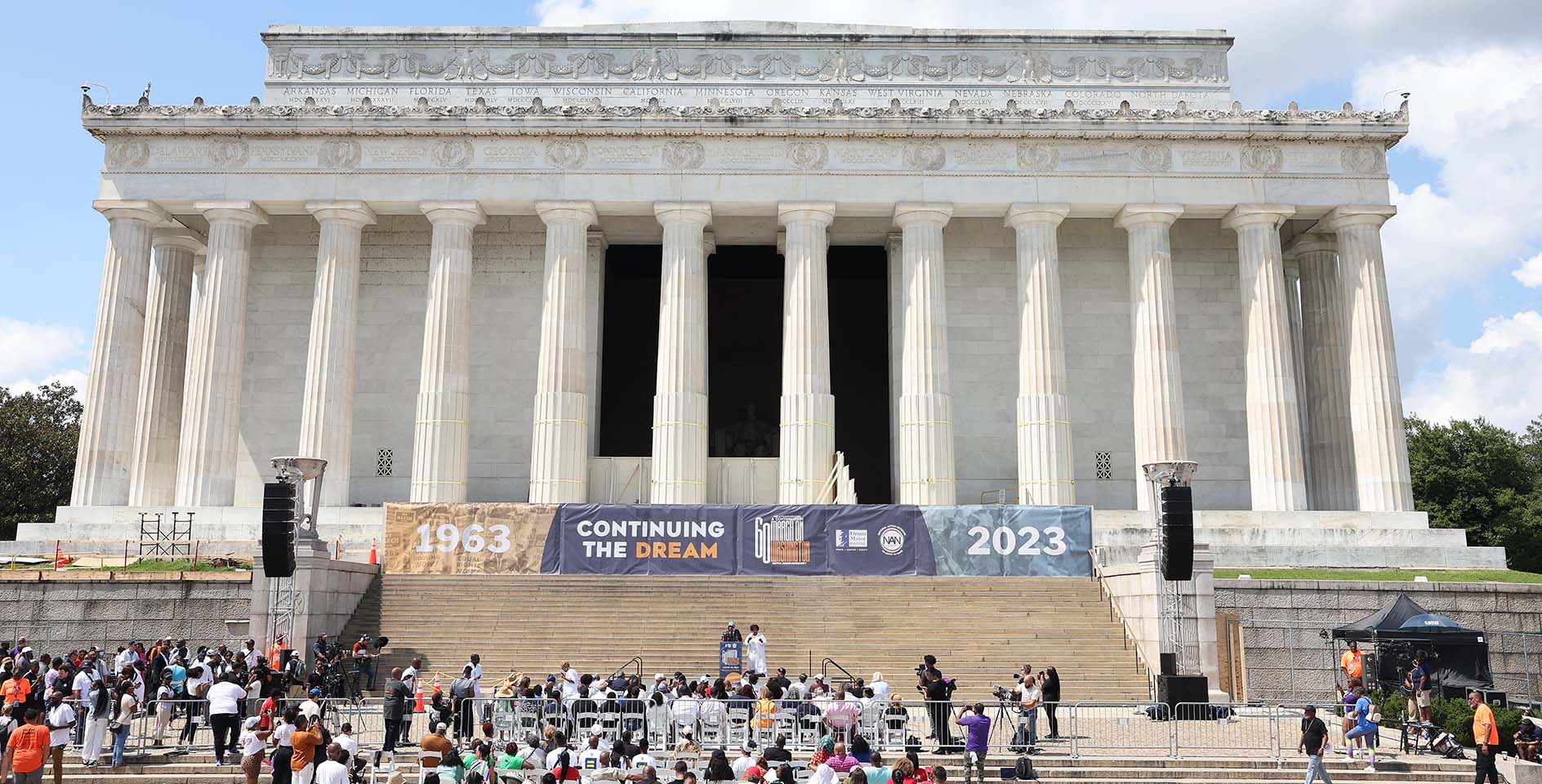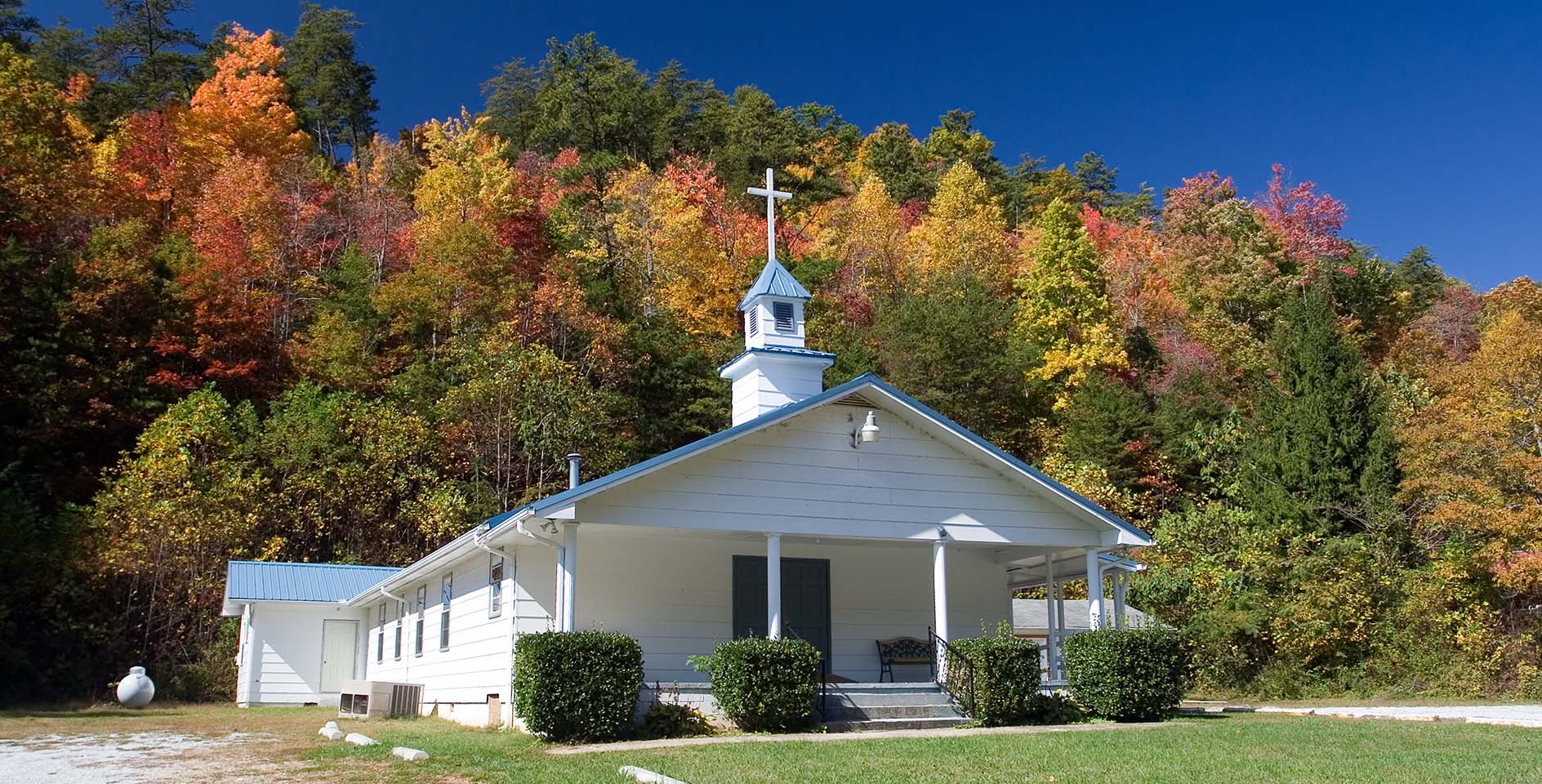According to historian George Marsden, “a fundamentalist is an evangelical who is angry about something.” Figures such as Bob Jones, J. Frank Norris, and Aimee Semple McPherson all fit within this mold. However, much of the study of fundamentalists has tended to exclude African Americans, for a variety of reasons. Daniel Bare, professor of history at Texas A&M University, has recently argued in Black Fundamentalists: Conservative Christianity and Racial Identity in the Segregation Era that thinking about fundamentalism as a primarily white movement ignores very real ideological links between Black and white theologically conservative Christians.
In his study of Black fundamentalists, Bare argues that to understand them, it is necessary to explore how their theology and racial identity intersected and the ways that this informed their calls for equality in the public square.
In the book, your approach is not just historical or theological, but one that combines the two, a “social history of theology.” What does this entail, and how does it help when considering these African American fundamentalists?
The “social history of theology” is a term that I picked up from Mark Noll’s book America’s God to describe the interconnectedness of theological conviction and social/historical context. His point was that you have to understand theological developments within a wide range of social contexts — from the ecclesiastical to the political to the commercial — in order to fully account for why theological ideas develop differently in disparate social contexts. So, given my focus on the United States in the era of Jim Crow, it seemed only natural to extend this idea to encompass the influence of racial context on theological developments.
After all, the reality of race as a pervasive, structuring element of American society in this period is undeniable — from segregation to voter disfranchisement to the horrors of lynching and other socially-approved forms of racial violence. Racial considerations influenced ecclesiastical developments; they influenced politics; they influenced economics. And whereas the thinking of the white majority in the United States (and in various church contexts) largely developed in accordance with the presumption of white superiority and the propriety of segregating the races, the social realities of discrimination and oppression also prompted Black thinkers and churches to find strength in their community and apply their intellectual and theological efforts to challenging the unjust ideas that relegated African Americans to second-class status.
With all that in mind, my book takes a historical-theological approach that is intended to give proper consideration to both historical and theological factors. So I do believe that theology as being theology holds a profound significance in defining one’s religious identity and worldview, and that theological convictions and formulations deserve to be treated seriously, on their own terms, without reducing them to mere expressions of more subliminal political or economic ideologies. Thus I take a deeply theological look at the religious beliefs of the people I discuss in the book.
At the same time, I want to recognize that social and historical context plays a significant role in the ways that we think about religion, theology, and broader worldview issues. Our context influences our presuppositions about how the world works, how we interpret the Bible, which issues in the world deserve our focused attention, and so forth. And when we look at the Black fundamentalists whom I discuss in the book, we see people whose theological formulations were largely aligned with those of their white fundamentalist counterparts, and who took their theology very seriously, but who also saw the need to apply their theology in such a way as to address the racial injustices of the world in which they lived.
As you note in the book, most of the scholarship around the term “fundamentalist” has excluded African Americans for a number of reasons. However, you argue that though different in key ways, these African Americans were part of the larger movement, doctrinally if not formally. How so?
Since my book takes a historical-theological approach to exploring the topic, the definition of fundamentalism that I use is essentially theological in nature. I look at fundamentalism as a centrally theological enterprise that requires an essentially theological definition. It was largely a reactionary enterprise responding to what theological conservatives saw as the dangerous encroachments of theological liberalism (or modernism). Fundamentalists viewed modernists as abandoning the historic Christian faith through their doctrinal compromises, as abandoning the “fundamentals” that comprised the essence of “real” Christianity.
So as I examine fundamentalism in the book, I lay out four definitional elements to consider: 1) an avowedly supernaturalist and biblicist worldview; 2) an express commitment to the central doctrinal propositions at issue in the fundamentalist-modernist conflict, most obviously crystalized in the “five fundamentals”; 3) a readiness to openly and explicitly criticize and condemn modernist theology; and 4) a willingness to utilize fundamentalist terminology (e.g., “the fundamentals,” “fundamentalism,” etc.) in defining one’s theological positions and religious identity.
The strength of this historical-theological approach is that it allows us to identify and consider Black voices in the historical record who self-identified as fundamentalists and expressly aligned with the theological heartbeat of fundamentalism. Amid a society built on institutional segregation, these Black fundamentalists were not typically part of the formal fundamentalist institutional networks, which were established by well-connected white men like J. Frank Norris or William Bell Riley. As a result, African Americans have remained typically excluded from the story of fundamentalism. Yet if we look at the theological commitments, the apologetics and polemics, the doctrinal formulations, we can see that the fundamentalist outlook clearly spanned the color line.
The key difference you highlight is that the conservative Black Christians in your study were more outspoken on racial issues than their white counterparts who either ignored the issue or were complicit in racial injustice. How did the Black fundamentalists see their advocacy for this issue as flowing from their theological convictions?
This is a key element of the argument I present in the book. The theological formulations and argumentation surrounding “the fundamentals” was very much the same for fundamentalists across the color line, but Black fundamentalists were apt to draw applications from their theology that their white counterparts would not, specifically with respect to issues of racial equality and racial justice. This illustrates how social and cultural context can play a large role in how people formulate the day-to-day application of their faith.
Throughout the book I offer examples of Black fundamentalists contending that their fundamentalist doctrines actually contained correctives to the evils of Jim Crow that they faced in everyday life. From the doctrine of biblical inerrancy to the doctrine of Christ’s divinity to the doctrine of substitutionary atonement, these were divinely appointed truths that necessarily entailed rebukes of racism and segregation. Among the most compelling orators in this vein whom I discuss in the book was Isaac Reed Berry, a Black Methodist minister who was ordained in 1917. Two of Berry’s favorite theological topics in his preaching were also two common fundamentalist themes — biblical inspiration and substitutionary atonement.
With respect to biblical inspiration, Berry saw in the Bible God’s forthright rebuke of the Jim Crow racial hierarchy; such texts as Acts 17:26 (“[God] made of one blood all nations of men”) and Psalm 133:1 (“Behold, how good and pleasant it is for brethren to dwell together in unity”) underscored the full humanity and equality of African Americans. Yet, he reasoned, such a divine rebuke only holds weight if the words of the Bible are in fact the very words of God himself; otherwise these biblical passages could be dismissed as mere manmade trifles. Thus, the doctrine of biblical inspiration was foundational for fighting bigotry in the world. Such applications of these common fundamentalist doctrines were unlikely to cross the minds or the lips of Berry’s white counterparts.
Isaac Berry’s social activism appears more similar to the program of social gospel figures like Walter Rauschenbusch. However, Berry and other Black fundamentalists were often in conflict with others in their denomination who were sympathetic to modernist theology. What does this reveal about the tension that Black fundamentalists faced?
Isaac Berry’s (and other’s) gospel message had clear and undeniable social implications without becoming a “social gospel.” Too often people tend to conflate community engagement or religiously-motivated social action with the “social gospel” perspective championed by the likes of Rauschenbusch. But I think it is important to keep in mind that the “social gospel” perspective that Rauschenbusch formalized in his A Theology for the Social Gospel (1917) was not merely about finding social applications in the Christian message, but significant theological reformulations on doctrines such as the Trinity, redemption/atonement, Christ’s divinity, and so on. So for fundamentalists, whether black or white, the social gospel perspective was a non-starter from the outset because they prized these traditional “fundamental” doctrines.
Yet the Black fundamentalist preachers that I study in the book did indeed at times offer major social applications, and pushed for large-scale social action, from their pulpits and from their expositions of fundamentalist doctrine. They believed that relying on the fundamental doctrines of “old-time” Christianity, as it was sometimes called, was the only sure way to elicit social change because the calls to justice and righteous living that resided in this gospel message bore God’s own imprimatur in the pages of the inerrant Bible. As a result, Black fundamentalist voices did indeed find themselves at odds, sometimes, with other leaders of the Black community with whom they may have shared certain pressing social/cultural goals (e.g., pushing for voting rights, securing funding for Black education, etc.) but differed as to theological belief or the methods of achieving those desired ends.
This conflict illustrates certain tensions in the experience of these Black fundamentalists. Their blackness separated them from the institutional “fundamentalist” movement that tended to be dominated by powerful white figures like J. Frank Norris (a proponent of segregation and Jim Crow), leading to their marginalization not only at the time but also in the historical study of fundamentalism. Yet their fundamentalist theological convictions also spurred conflicts within the Black community as well, as many leading Black thinkers adopted more social-gospel-friendly perspectives on racial advancement. However, the tension also highlights another important point — that there is a multifaceted diversity within African American intellectual and religious history, and we ought not fall into the trap of creating a monolithic caricature. In the words of famed historian Albert Raboteau, it is a “sometimes overlooked fact [that] African-American opinion has never been unanimous.”
One area of the book that is especially interesting given current conversations is your chapter on the fusion of fundamentalism with Americanism. These African American pastors and evangelists were explicitly connecting their civil liberties with Christ’s sacrifice and America’s identity as a Christian nation. Given that they were making these arguments in the context of a segregated society, how did they reconcile the tension between an America that was both Christian and segregated?
The whole connection with the idea of America as a “Christian nation” came out most clearly in Isaac Berry’s preaching, as he drew connections between the civil freedoms promised by the United States’ founding ideals and the spiritual freedom secured in the redeeming work of Christ on the cross. He declared, for instance, that Americans’ “civil liberty was first purchased with the priceless blood of the Divine Son of God,” and that “America needs today to bow the knee at the foot of the cross, where freedom’s sword was forged.” In large part, Berry reconciled this tension between a picture of “Christian America” and the reality of racial injustice in the United States by calling Americans to live up to their founding political (and religious) ideals, as he perceived them.
“Christian America” captured the idealized founding of a nation based on the principles of civic equality, political freedom, and Christian virtue; the fact that racial injustice continued to plague the nation did not invalidate the founding ideals, but rather revealed that Americans were failing to live up to the high standard of their heritage as a “Christian nation.” In this way, Berry’s concept of a “Christian America” served as a basis for him to condemn the un-Christian, sinful practices that he observed in the world around him. So in this configuration, embracing the idea of a Christian America went hand-in-hand with confronting the evils of American racism, just as the prophets of old invoked Israel’s status as God’s covenant people while inveighing against the nation’s wicked departures from God’s statutes.
How does this new way of understanding fundamentalism, and African American Christianity during this period, have ramifications for today? Is there anything that it helps to clarify about our current approaches to race and religion?
More than pinpointing any one specific issue of the current day, I hope that this study is helpful in illuminating how the process of thinking about, applying, and expressing religion is not only a function of propositional theological claims, but also reflects the social and cultural circumstances in which we find ourselves. As I put it in the last sentence of the book, “theological unity across racial lines was no guarantee that political and social uniformity would follow.” If we look, for instance, at evangelicalism as today’s analogue (albeit imperfectly so) of the fundamentalist movement of a century ago, we can certainly still see major fissures in evangelical life that manifest along the lines of race.
Very often white and Black evangelicals, even as they may confess the same doctrines on such topics as inspiration or Christology, may yet tend to express very different convictions when it comes to social and political applications of their common faith — from issues like the social justice movement, to conversations about police reform, to considerations of religious liberty, to immigration policy, to presidential voting patterns, and so on. I hope that in this context, the examples in the book might prove to be points of profitable reflection for believers today, and the interests of Christian fellowship and charity might prompt us to seek to humbly and honestly understand other people who offer sincere perspectives that differ from our own, rather than dismissing one another out of hand.










